We use cookies to improve your online experiences. To learn more and choose your cookies options, please refer to our cookie policy.
At Collège du Léman (CDL), we think of our teachers as holistic educators. Their mission is to nurture the all-round skills, values, and global understanding your child will need to thrive, going above and beyond the pure transmission of academic excellence.
More than half of our exceptional educators have a Master’s or PhD, so they’re ideally qualified to share expert knowledge through awe-inspiring lessons and experiences. What’s more, two-thirds of our teaching team have 10 or more years’ classroom experience.
Our international school in Geneva is also home to one of the most diverse teaching bodies in Switzerland, with colleagues hailing from more than 35 countries. We believe that diversity fosters growth and exposure to different nationalities, styles, and backgrounds stimulates young minds.
Our teachers never stop learning, either. On the Nord Anglia University platform, they share ideas with colleagues worldwide, study for further qualifications, and access resources from world-leading organisations including MIT and The Juilliard School.
This ensures they deliver cutting-edge academic programmes and extracurricular experiences. It also guarantees your child will receive the very best instruction. Our parents agree: 9 out of 10 say their child receives a high-quality education at CDL.







/cdl_geneva_sept-2021_318_11zon.jpg?h=4000&iar=0&w=6000&rev=f39b34167aac429e9f7594d9bb68996a&hash=33548F58730B71191DABAEEED41CA4BF)
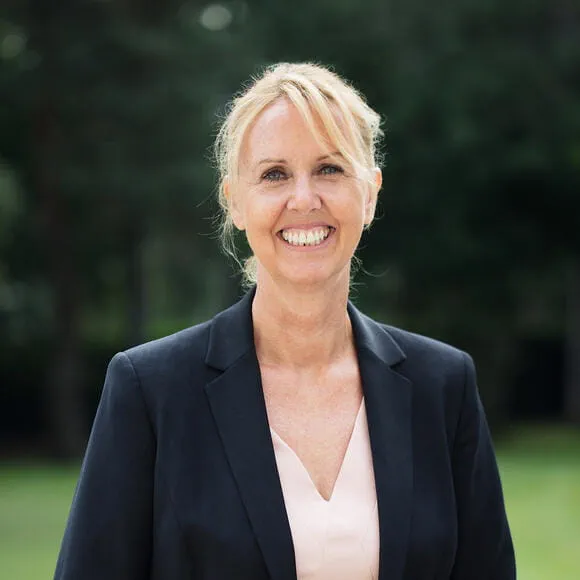


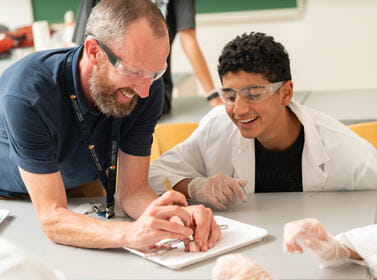
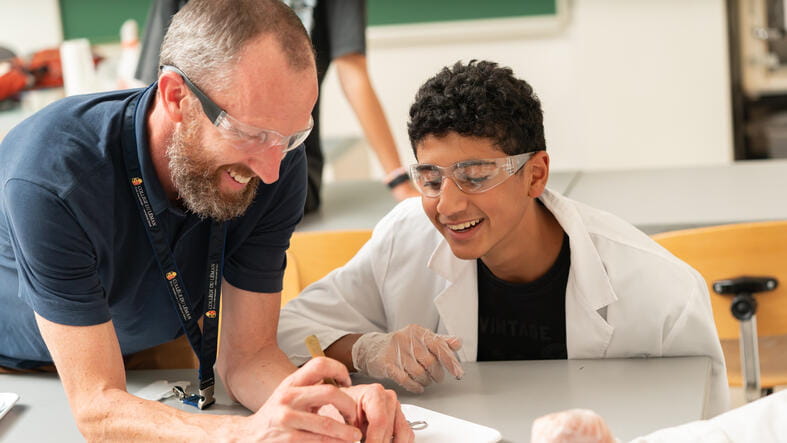








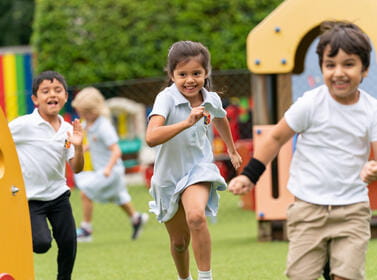
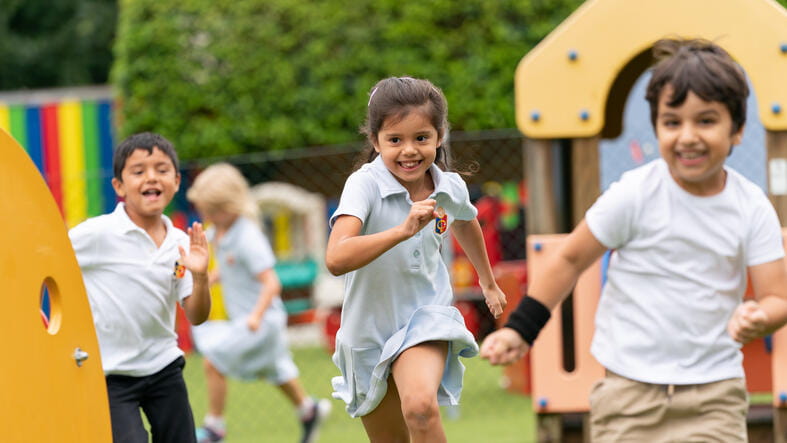

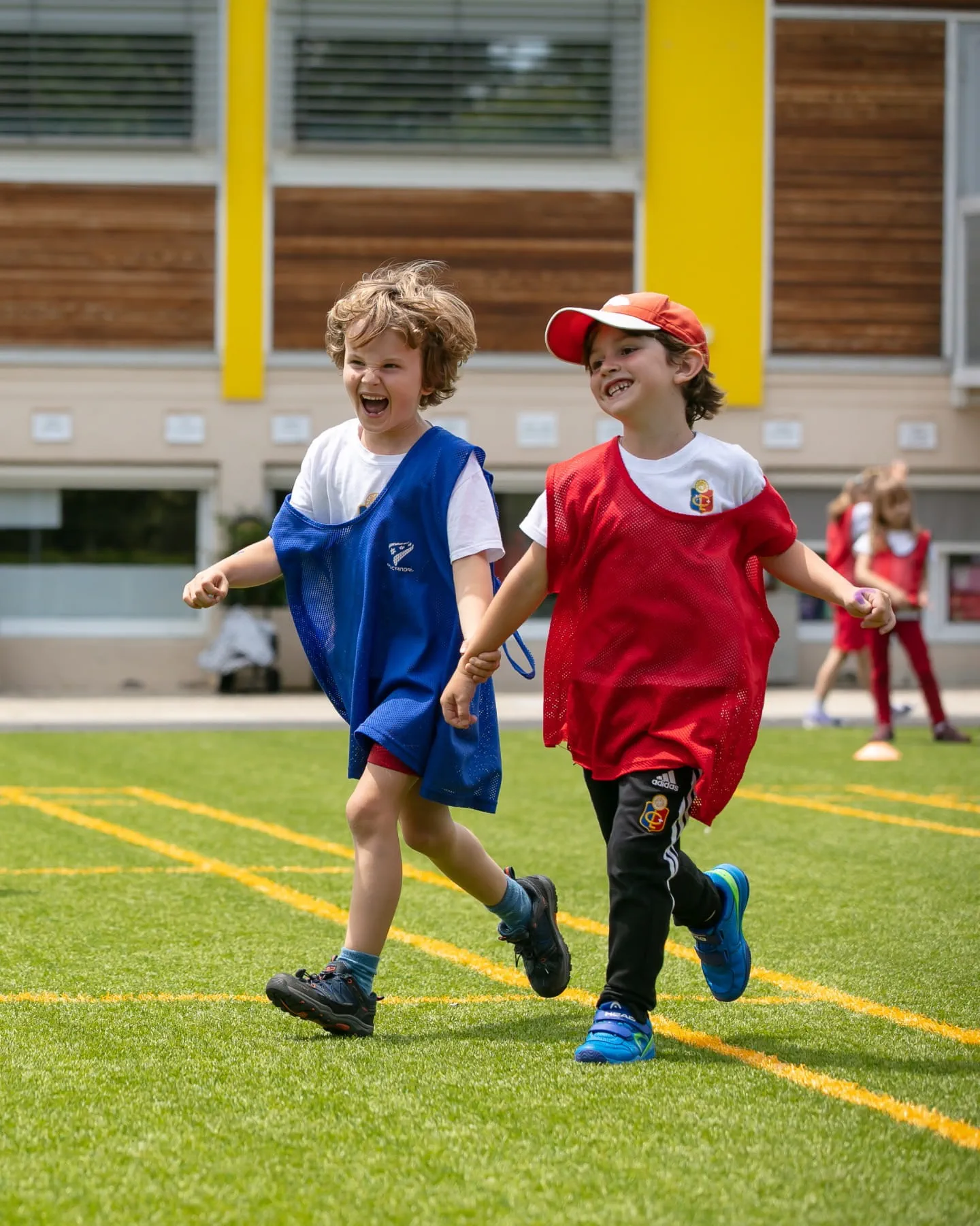



.jpg?h=720&iar=0&w=900&rev=4e17b4ad969b421e851e33ccdbcf13a2&hash=2A8C25BF2D8218F44436205EE33CE539)